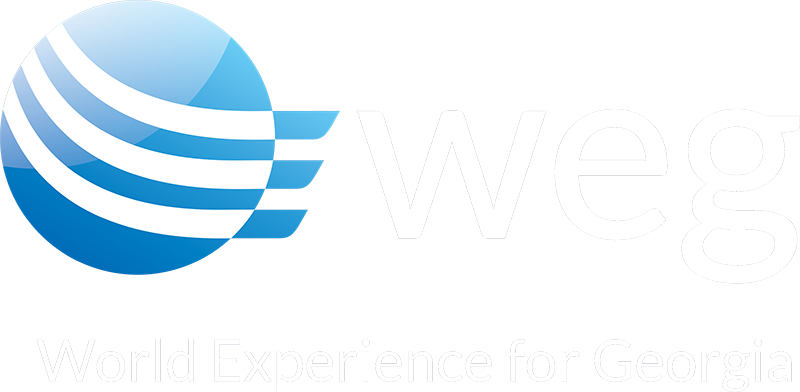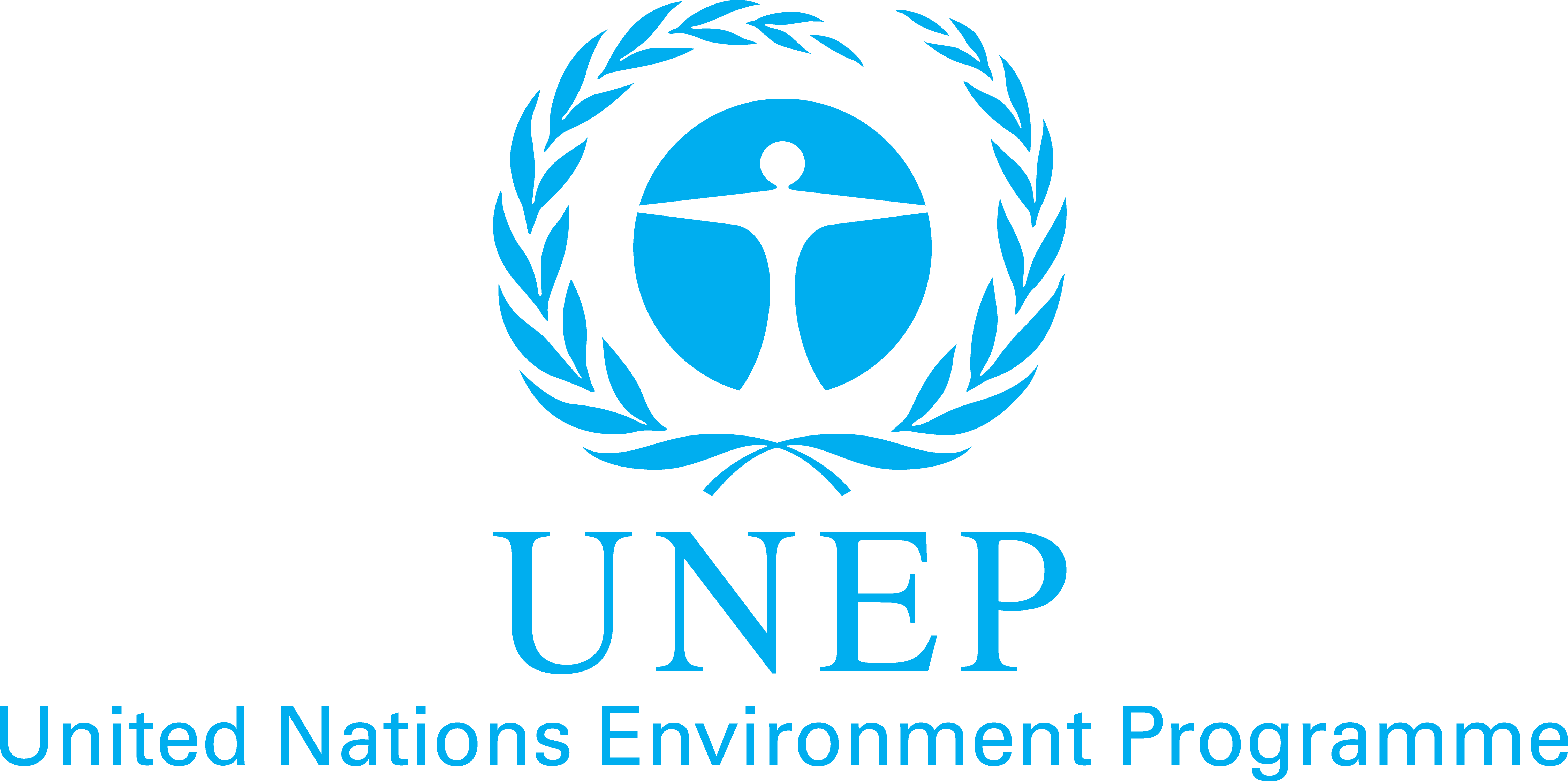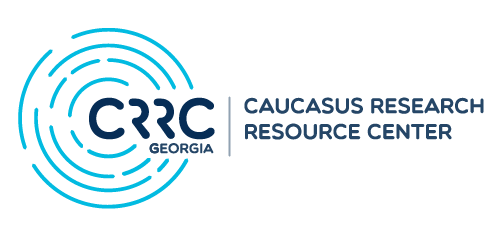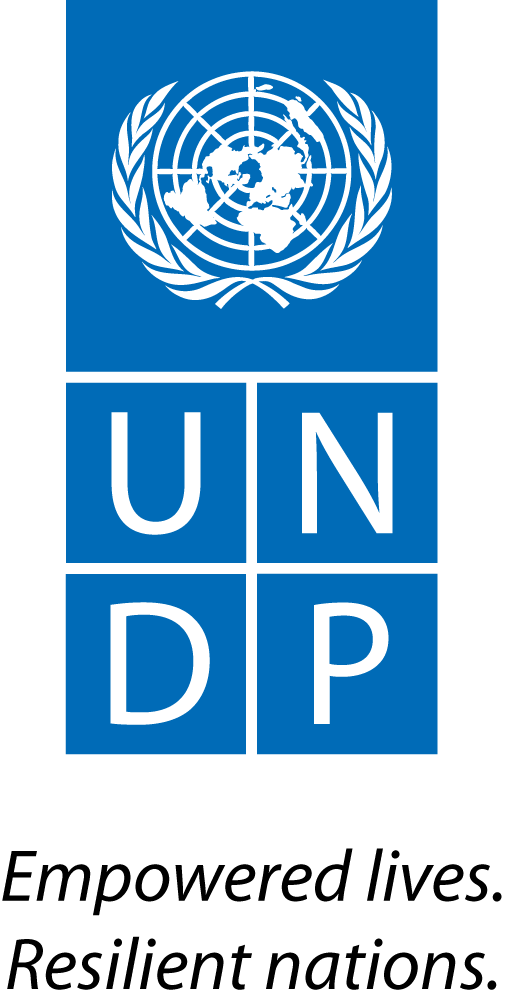Results of Regulatory Impact Assessment (RIA) on the National Energy Strategy
Georgia losing billions, without an energy strategy
On August 7, 2020, at a webinar organized by the USAID Energy Program, WEG presented the results of Regulation Impact Assessment on the National Energy Strategy. The webinar was attended by officials and specialists from USAID, the Ministry of Economy and Sustainable Development, and other ministries, the Energy Union Secretariat and GNERC and energy companies as well as non-governmental sector, national and international experts.
The research emphasizes that implementing in the energy sector of evidence-based policies founded on sound strategic analysis and research, multi-billion economic benefits could be reaped over the next ten years. In addition, the strategy can help to seize the opportunities in increasing energy security, accelerating economic development, increased employment, environment, and climate social rights, and gain trust in public policy.
Indeed, previous studies and consultations with experts have shown that the lack of an energy strategy largely contributes to the accumulation of problems in the energy sector, including an increase in monopolistic energy imports, a reduction in private investment, and an increase in public spending through tariff and other subsidies, underdevelopment of renewable energy and energy efficiency, which causes great damage to the sector and national security. Addressing these issues requires an in-depth analysis, development and implementation of a strategic plan, which should be underpinned by appropriate analytical capacity research and political will.
In the RIA, WEG examined three alternative scenarios for the development of the strategy, out of which, creating an analytical center to work on strategy and allocation of moderate funding for energy research, has been identified as a priority. The cost-benefit analysis shows that spending 18-20 million GEL over the next ten years could bring the return of 7-10 billion GEL over the next ten years.
It is essential for the government to acknowledge the importance of strategic energy research and its policy implications, that the minimum costs incurred in this regard can bring hundreds of times financial return in addition to the many political, economic, social, and environmental benefits. Immediate action for strengthening the strategic capacity in the energy sector is highly recommended. The ministry should initiate the respective budget process for establishing the new analytical unit. The current and upcoming donor projects and processes for the preparation of national strategic documents and action plans (NECP, LEDS, etc.) should be used for growing the respective strategic capacity.
The study was conducted as part of the USAID Energy Program project. Its aim was to identify the effective and optimal ways for developing of an in-depth energy strategy and to offer to decision-makers the recommendations to overcome the respective barriers.
A full research report will be available in the near future.



























